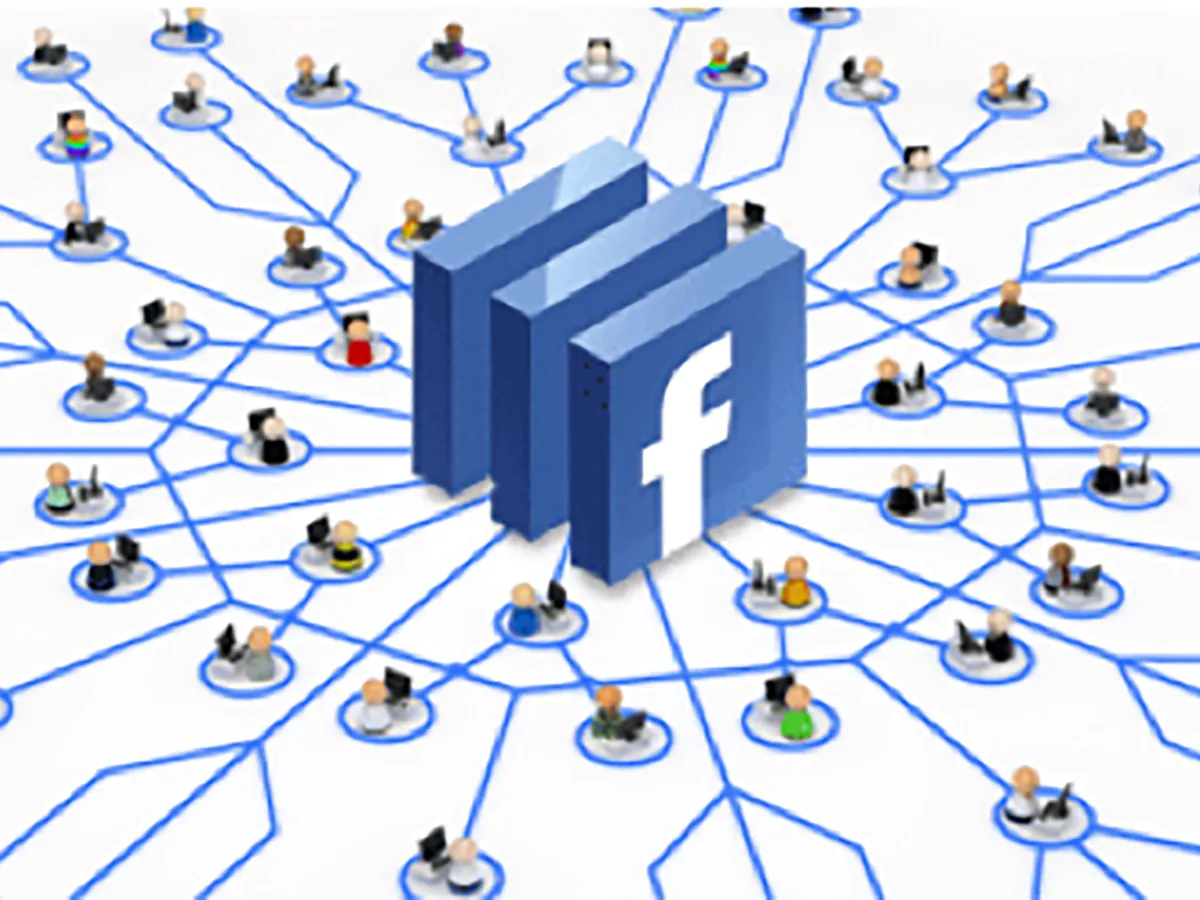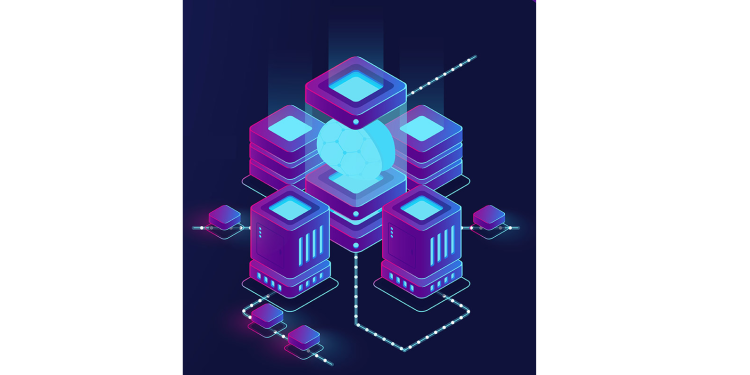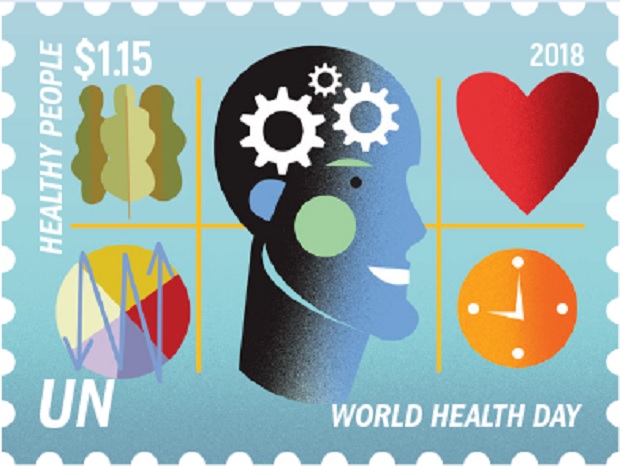ChatGPT is AI’s Facebook moment. Don’t fall for it this time.

GPT-4, arguably the most powerful AI model ever, has just been released.
The expectation was that this was going to be massive. OpenAI’s announcement does not focus on model size, but on capabilities. They seem impressive, and GPT-4 is purportedly being used at the likes of Stripe and Morgan Stanley.
The question i posed just before it was released was — does it matter?
My unpopular opinion: probably not as much as ChatGPT, probably not for the reasons you think.
I’ve been covering AI since 2016, initially for ZDNet, then also for VentureBeat. I also happen to have a background and experience in the field. Some people have been wondering about my take on ChatGPT / the Generative AI explosion, as i’ve been kind of silent about it. They’re kind of right.
I have not been posting either on ZDNet or VentureBeat as of late. The reasons for that are a different, albeit related story. Regardless, if you know or have been following me, my take would probably be not that hard to guess. Here it goes.
Do you remember how you joined Facebook? I do, very clearly. It was 2007, after hearing about it from a friend. As someone who has been in technology his entire life, I was not particularly impressed. Yes, Facebook had a user-friendly interface and it worked well. But the thing that stood out about it the most was – I heard about it from a friend.
I’m a digital native, but it’s not because I’m very young. It’s because I came across computers as a kid, adopted them immediately for work and play and decided that’s what I wanted to do in life. I’ve been writing code and documents since the 80’s, using the internet and communicating via email and apps since the 90’s. I have always thought of technology as a force for good – raising productivity, providing access to knowledge, connecting people and all that.
No wonder then, when Facebook came along I thought – hey, looks fun and could make more people go digital. I even invited some of my friends to join. In all honesty, I had forgotten about this embarrassing detail. It was one of my old techie friends who reminded me a couple of weeks back. Being the early adopter among early adopters that I am, my friend was curious to know what I thought of ChatGPT, OpenAI’s recently released AI language model.
I’m also a semantics geek who happens to be keeping track of AI for a few years. Maybe that’s why I don’t buy the “AI” hype. When we say “AI”, it really is a convention, not something to be taken at face value. It really is tech companies using massive data sets to train models to perform – sometimes useful and/or impressive – imitations of human intelligence.
Still, my friend was right in saying that ChatGPT is AI’s Facebook moment – for better or worse. There was AI before ChatGPT, and there will be AI after it. What made ChatGPT stand out over predecessors like GPT-3 is similar to what made Facebook stand out over predecessors like MySpace. Qualitative and quantitative differences may exist, but that’s not what kept my friends from raving about GPT-3 or MySpace.
OpenAI, the makers of ChatGPT, does not lack technical sophistication, cash, or good PR. GPT-3 was already accessible to select members of the press and can be used via an API offered and monetized in collaboration with Microsoft. A first wave of apps built on top of this API is already out there. But it was making ChatGPT easily accessible to the general public that made the difference.
Facebook did not become a household name by offering APIs to build on. Facebook offered direct, unfettered access to features like photo sharing and newsfeed. In addition to getting the coverage lots of cash and good PR will get you, opening up platforms like Facebook or ChatGPT to the public gets the early adopter crowd excited and talking about it.
This gets the media flywheel turning. Whether genuinely impressed or out of FOMO, editors will dispatch and journalists will write their takes. Organic coverage is great and works wonders for growing your user base, but there are some significant ways in which Facebook and ChatGPT are different..or are there?
Facebook made sure that users flock in and are then locked in. After all, as Cory Doctorow put it, once a critical mass of people you cared about were on Facebook, it became effectively impossible to leave. Despite the growing realization of the ‘enshittification’ of Facebook and efforts to fight back via interoperability protocols, not much has changed.
Facebook is free, and always will be. That was the slogan it sported on its homepage, until public sentiment changed. Perhaps the realization that if something is free, it means the product is you hit home. But while a growing part of users may have come to accept the fact that their data is harvested on and off Facebook, using every trick in the book and beyond, they don’t necessarily understand what the data is used for.
Besides targeted advertising or the occasional genocide, data is also used to develop features and products. Everything from your timeline to image cropping is data-driven and AI-powered. More data, more power, more products, more data.
That’s also true for language models like ChatGPT that are trained on huge amounts of data. This is where the really interesting parallels begin.
ChatGPT is free to use at the moment, although a subscription plan also exists in addition to API monetization. Microsoft, which has a multi-billion investment in OpenAI, is rushing to integrate ChatGPT in its Bing search engine.
Although a mix of blunders, limitations and uncanniness is being exposed in the “New Bing aka Sydney” , a plausible reason for the rush is to leverage user interaction to fine-tune ChatGPT. While some guardrails have been added to ChatGPT by manually fine-tuning, they can be sidelined and more user exposure will help strengthen them.
You may be fine with helping build someone else’s product for free, again. But there are more things that Facebook and contemporary AI have in common: funding and agendas. The so-called PayPal Mafia was there to give Facebook a boost. It’s also here to give AI a boost via the Effective Altruism initiative.
Insiders like Émile P Torres and Timnit Gebru are issuing stark warnings on Effective Altruism as a dangerous secular credo and the influence it’s exerting, specifically in AI. Others like Dan McQuillan and Rajiv Malhotra are raising critical voices, calling for a resistance against AI as another weapon in Big Tech’s arsenal in the global battleground for power and control.
If you still have doubts about the thinking behind this, reading OpenAI’s “manifesto” for AGI should give you pause. Phrases like “Our mission is to ensure that artificial general intelligence—AI systems that are generally smarter than humans—benefits all of humanity”, especially delivered by people who think we are all “stochastic parrots” and have no problem at all making U-turns on their commitments, read more like a thinly veiled threat than anything else.
Shouldn’t we, the early digital natives, have known better in 2007? We should. Yet, we still saw technology in a positive light. We underestimated Big Tech’s potential for harm and overestimated people’s ability to see through the lies and manipulation to make technology their own. Isn’t there any ray of hope today? Maybe – but that’s a topic for a different note.
One thing is certain: we should not make that mistake of being “dumb f***s” again. It’s going to be a long and winding road, but we’ll never get anywhere if we don’t know where we stand.



